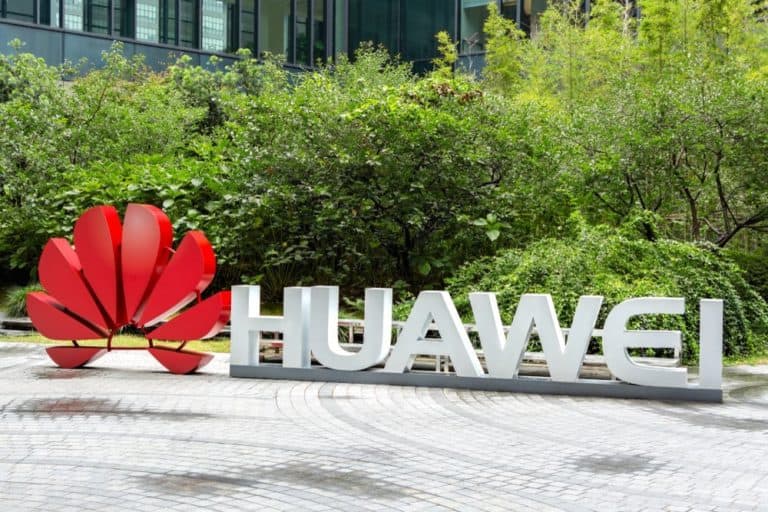The government has decided that Huawei will not be excluded from the construction of 5G networks in the Netherlands. In so doing, it ignores repeated warnings from the United States (US), claiming that the Chinese government can spy through the company’s equipment.
The government’s decision also goes against the advice of the AIVD and the MIVD, writes de Volkskrant. However, the Cabinet does state that telecom companies must take additional security measures to prevent espionage. This is required for any future 5G network, but also for existing telephone networks.
According to Minister Grapperhaus of Justice and Security and State Secretary Mona Keijzer of Economic Affairs, there will also be extra high requirements for suppliers whose products and services are at the heart of the networks.
The Huawei Dilemma
The Cabinet’s decision puts an end to the question of whether or not Huawei is allowed to participate in 5G networks in the Netherlands. This question played a role in recent months, after the US started lobbying to keep the Chinese company out of the networks. In the US, a ban has been imposed on the use of Huawei equipment in telecom networks.
In the Netherlands, a risk analysis was carried out by a task force led by the National Coordinator for Counterterrorism and Security (NCTV). The risk analysis has now been completed, but the findings remain secret. The House of Representatives will hear about this.
So although there are concerns about Chinese espionage through Huawei equipment, most governments don’t want to ban the company just like that. The dilemma is that the company is the cheapest supplier, and already has equipment in the core of systems of for example T-Mobile and KPN. However, the AIVD and the MIVD do not want the Netherlands to become too dependent on IT products and services from countries that are actively involved in an offensive cyber programme, such as China or Russia.
Other solution
The government has therefore opted for a different solution. It does not prevent specific parties, but sets requirements for the products and services of all suppliers. The exact requirements will be announced in the autumn.
This news article was automatically translated from Dutch to give Techzine.eu a head start. All news articles after September 1, 2019 are written in native English and NOT translated. All our background stories are written in native English as well. For more information read our launch article.